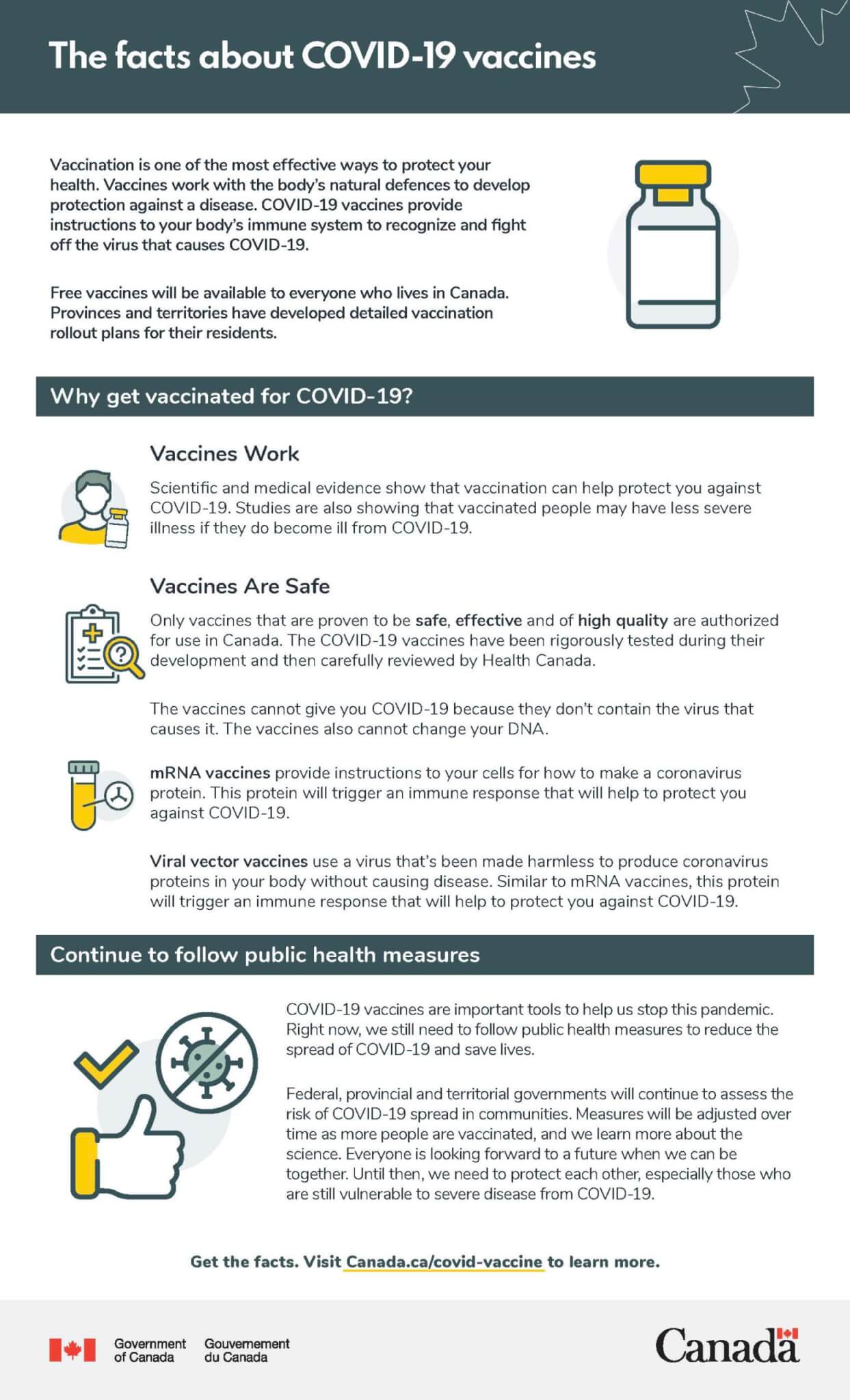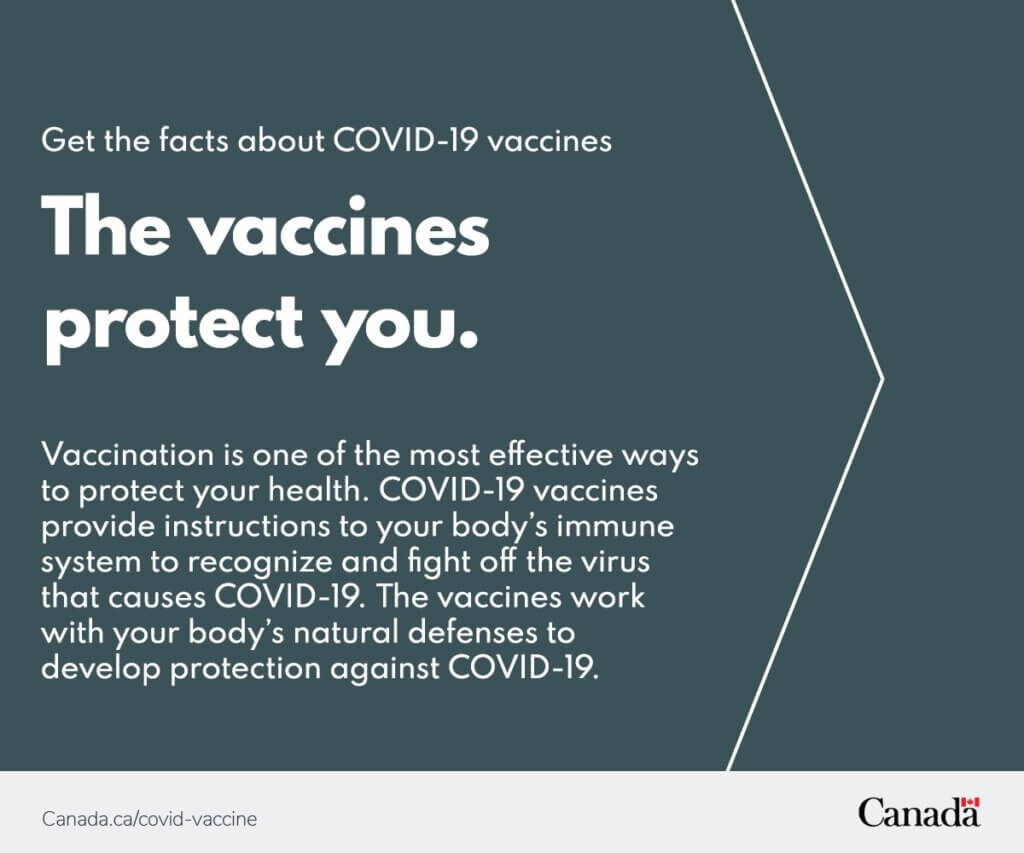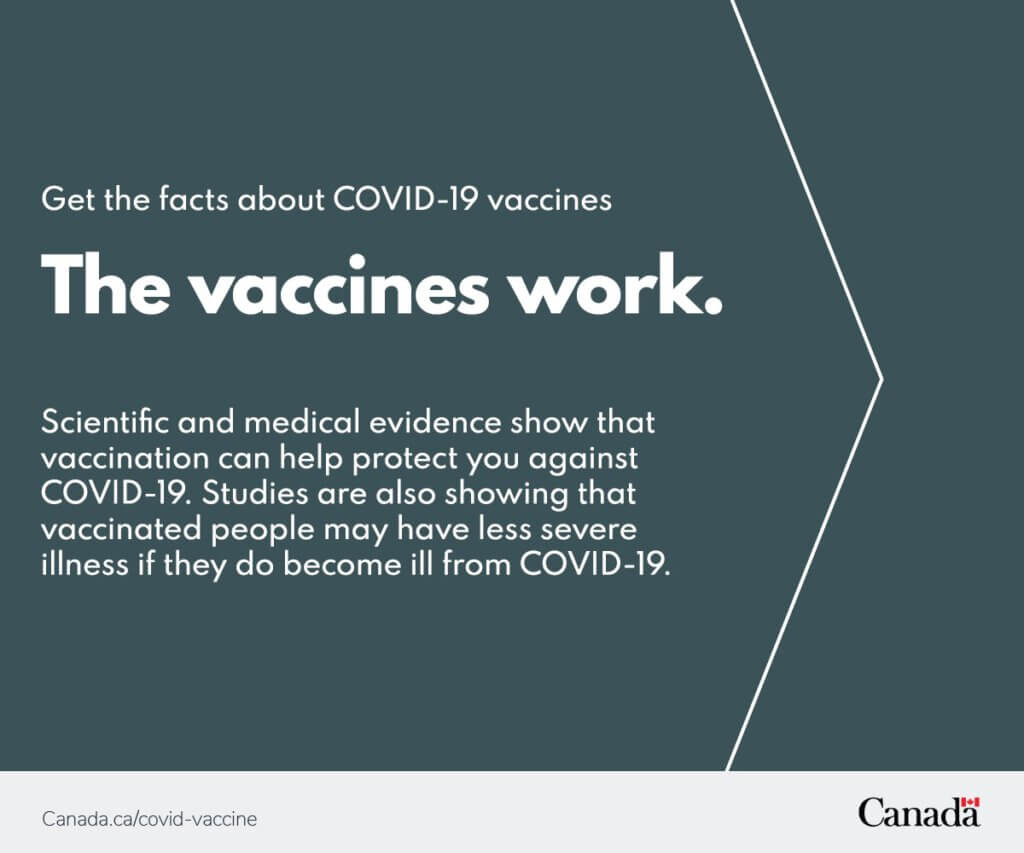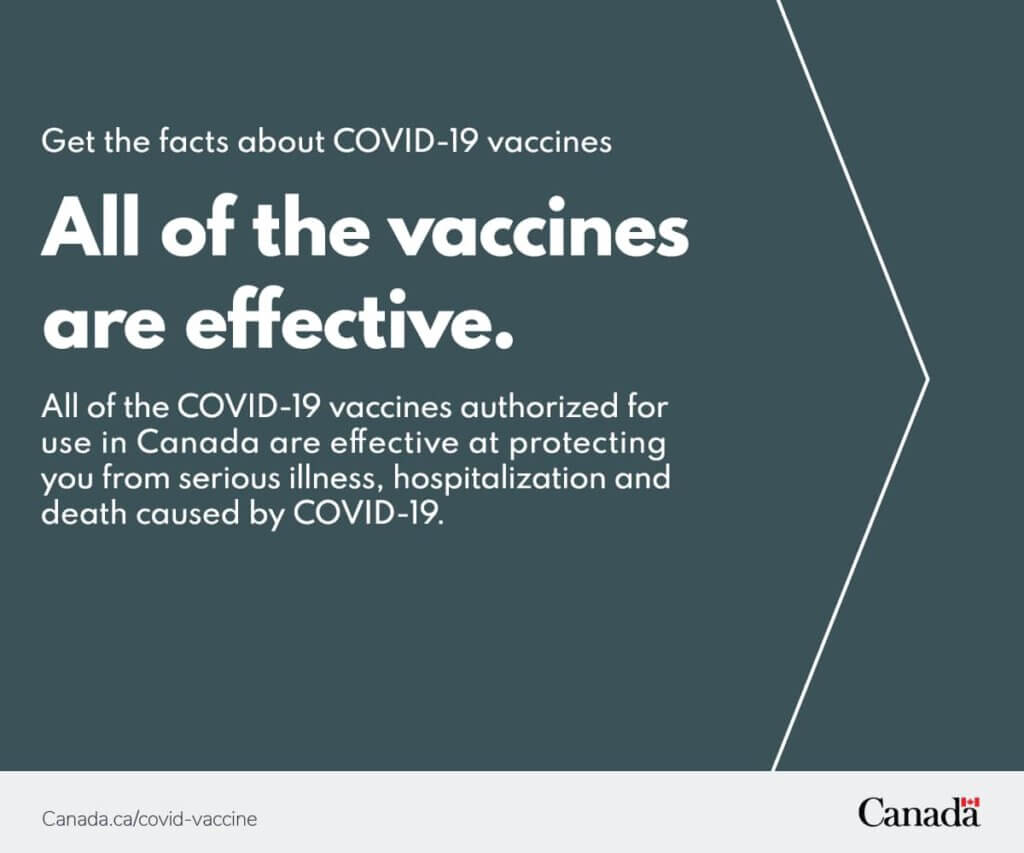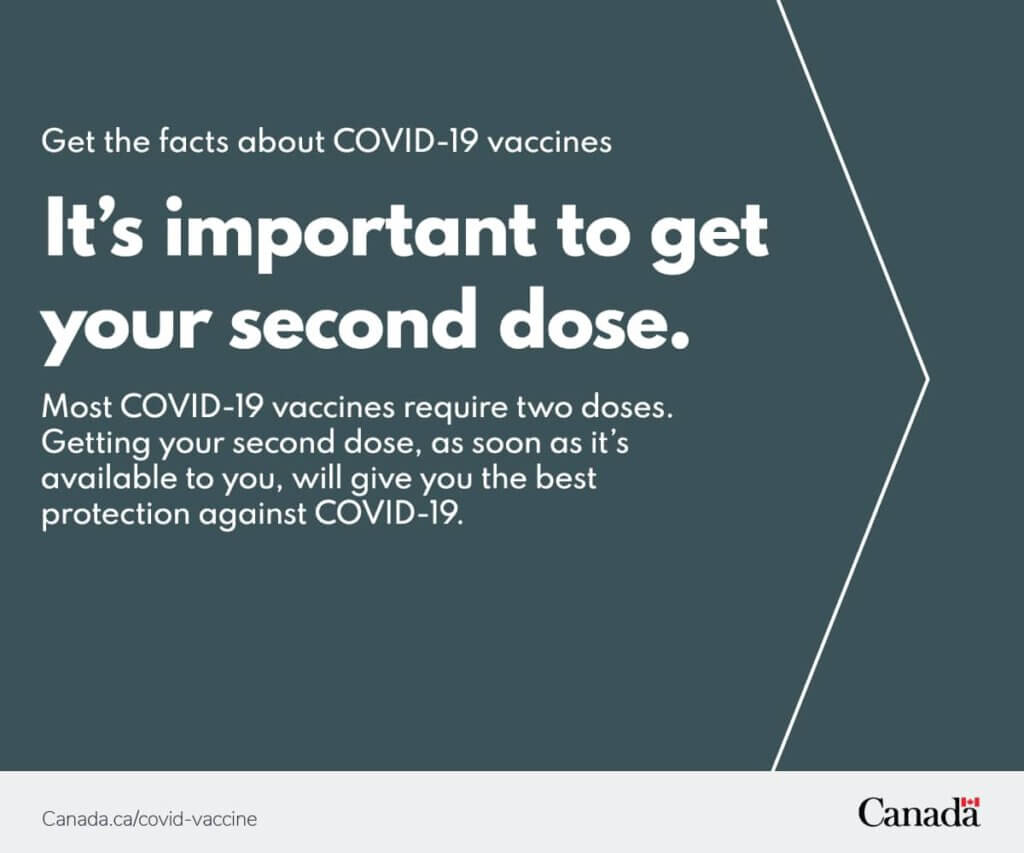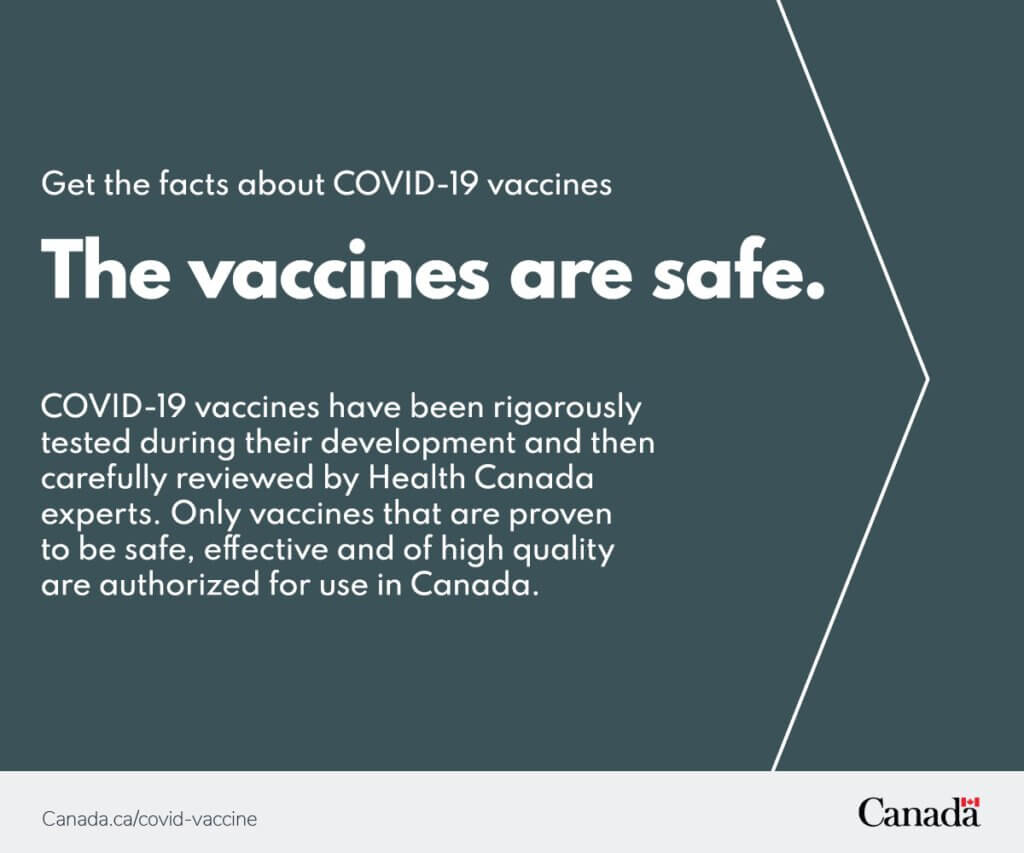COVID-19: RELIABLE SOURCES
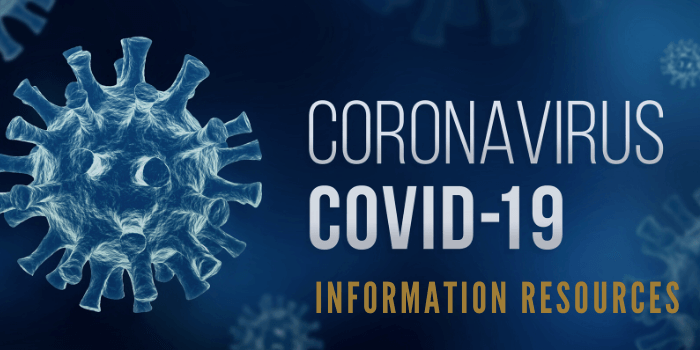
Thinking critically about health information*
Anyone can post anything online. It’s up to the readers to think critically about information to decide if it seems helpful, truthful, or safe.
Here are seven key points to keep in mind as you determine which information is worth considering and which information doesn’t pass the test.
1. Find the original source of the information, if you can
It’s so easy to spread information online, and we can’t assume that the source we’re reading or watching is the original source. Before you can evaluate anything, you need to know where the claims come from and determine if it’s a reliable source.
Reliable sources on COVID-19 include the World Health Organization (WHO), Government of Canada and agencies like Health Canada , and the Government of New Brunswick. Scientists and researchers at universities and other institutions as well as health sciences professionals are also important sources of information.
Read the entire story or post before you make any decisions
Headlines and titles need to be simple and short, so they can sometimes be misleading on their own. They may also be purposefully shocking or controversial to entice you to click to read more.
Look at the author
Websites that belong to governments, government-funded agencies, well-known health providers, universities, or groups of medical professionals are generally the most reliable. Be careful of sites that don’t list the author or don’t tell you much about themselves. Double-check the author and the credentials of any ‘experts’ quoted or cited to see if they are actually experts in the topic being discussed.
See what other sources say
Can you find other evidence from other sources to support the claims? Does the author list their sources—and are the sources legitimate, like research journals?
Be mindful of emotions
Unhelpful sources want you to feel a certain way: scared, angry, distrustful, vulnerable. Phrases like “Skyrocketing rates of infection” are sensational and they’re meant to make people feel afraid. On the other hand, factual statements like “We have 50 new cases in NB” give you important information without playing into your emotions. Helpful news or information sources want you feel informed and empowered.
Ask yourself who benefits from sharing the information
Who is paying for the site? What products or services are being advertised? What links or other sites do they promote? Are you learning something from a story or experience, or are you simply being directed to buy a product or service?
A word on social media
Social media can be a great way to keep in touch with family and friends, especially as we practice social distancing or self-isolation. Social media can also be an important way to learn from health experts and connect to support services and mutual aid groups in your community.
Like any other source of information, it’s important to use good critical thinking skills when you use social media. Studies find that searching for health information on social media generally has very mixed results. You’ll see both very poor-quality sources next to good-quality sources, and it’s up to you to decide which is which. In addition, social media posts tend to be short and rarely capture everything you need to consider. They are generally useful as a way to start learning or exploring different points of view rather than a place to gather all information.
* Adapted from the Canadian Mental Health Association – BC Division
Sources of Reliable Information
Articles & Publications by Topic
